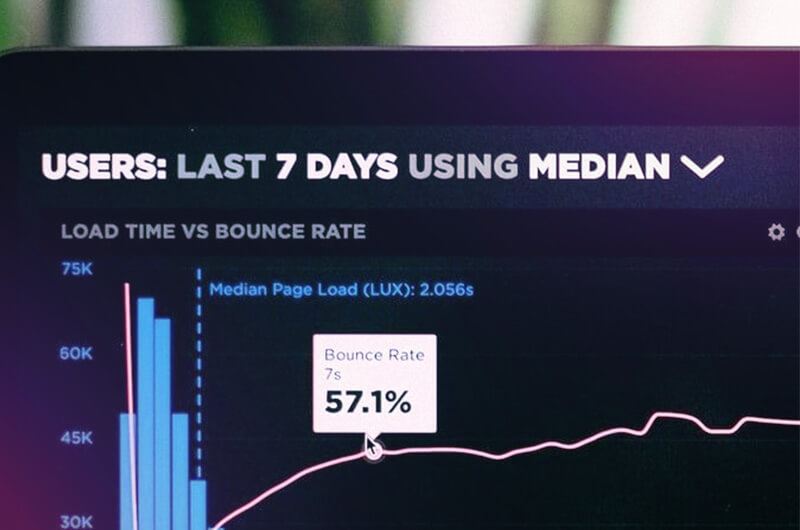
Measurement. Too often the bête noire of our industry. We’ve been through the break-up with AVE (advertising value equivalents). We’ve backed the rise of message penetration and competitor share of voice. We’ve learnt how to understand social metrics like engagement and the value (or not) of follower growth.
But have we really come up with a satisfactory answer to the age-old question: what impact does our work actually have? Can we confidently provide a consistent measurement framework that enables our industry to demonstrate its value in the boardroom?
In certain situations, in certain disciplines – crisis management, a targeted political or regulatory outcome, bid defence or attack – we can. We point to tangible outcomes (or the avoidance of them) from these processes and our role in engineering them is clear.
Understanding long-term reputational value or reputation change continues to be much more elusive though. We find it harder to articulate the role or impact of our work on this measure. The problem – and therefore the solution – as I see it is fivefold:
1. Budget: In a multimillion-pound advertising or broader marcomms budget, even 1% spent on measurement provides a lot of funds to understand the impact of your work. Comms budgets, traditionally, have been significantly smaller. Creating space for measurement budget is harder to justify. An old colleague always used to say you should spend 10% of your budget on measurement. I’m inclined to agree.
2. Time: Communications is fast moving. There is always the next big thing to move onto. The next moment to plan for or the next issue to deal with. Measurement always comes last in a planning meeting or strategy document. And it always gets squeezed once plans turn into reality. If the adage above about 10% of budget is true, then the same should apply to time as well.
3. Expertise: By our own admission, the majority of comms and reputation professionals aren’t numbers people. We’re not analysts, we’re not mathematical, and we prefer to think in visuals, words, moving images and sounds. This is changing. We have become far more open and willing to invest in research specialists and insight teams. But to date it feels like the majority of this investment has been directed to the front end of our work: planning, insight, and strategy. Less has been focused on the other end – measuring impact. That needs to change, starting by diversifying who we hire and from what backgrounds.
4. Confidence: This may be controversial, but I believe measurement still has something of a fear factor about it. I also believe this is mainly about understanding the level of impact we can be expected to have – and therefore being able to set expectations on what’s achievable and when. Talk to an advertiser or marketer and they will tell you how significant even small shifts in brand perception, brand awareness or product preference can be – and how hard they are to engineer. We haven’t necessarily learnt or accepted this reality in the field of reputation yet, and that creates the problem of inflated expectation.
5. Precision: Which leads me onto my final point. Too often, we measure the wrong thing. Or at least, we don’t measure everything we should. To continue the comparison with an advertiser, they would never measure the number of adverts broadcast or displayed. Yet we often measure (and trumpet) the number of pieces of earned media. A board member is far less interested in engagements on social media, but wants to know what those engagements end up resulting in. Has the perception of reputation shifted, or even better, have the various elements of your reputation you want to focus on shifted. If so, in what way?
Put simply, we spend too little time on measurement. We’re not confident of what constitutes a meaningful shift, versus what doesn’t. And when we do spend the time (and budget), too much of it goes on measuring Outputs, and nowhere near enough on Outcomes.
Great reputation-focused work needs to measure both, consistently and repeatedly. Until we do so, our ability to demonstrate the value of reputational advice in the boardroom will remain constrained.
